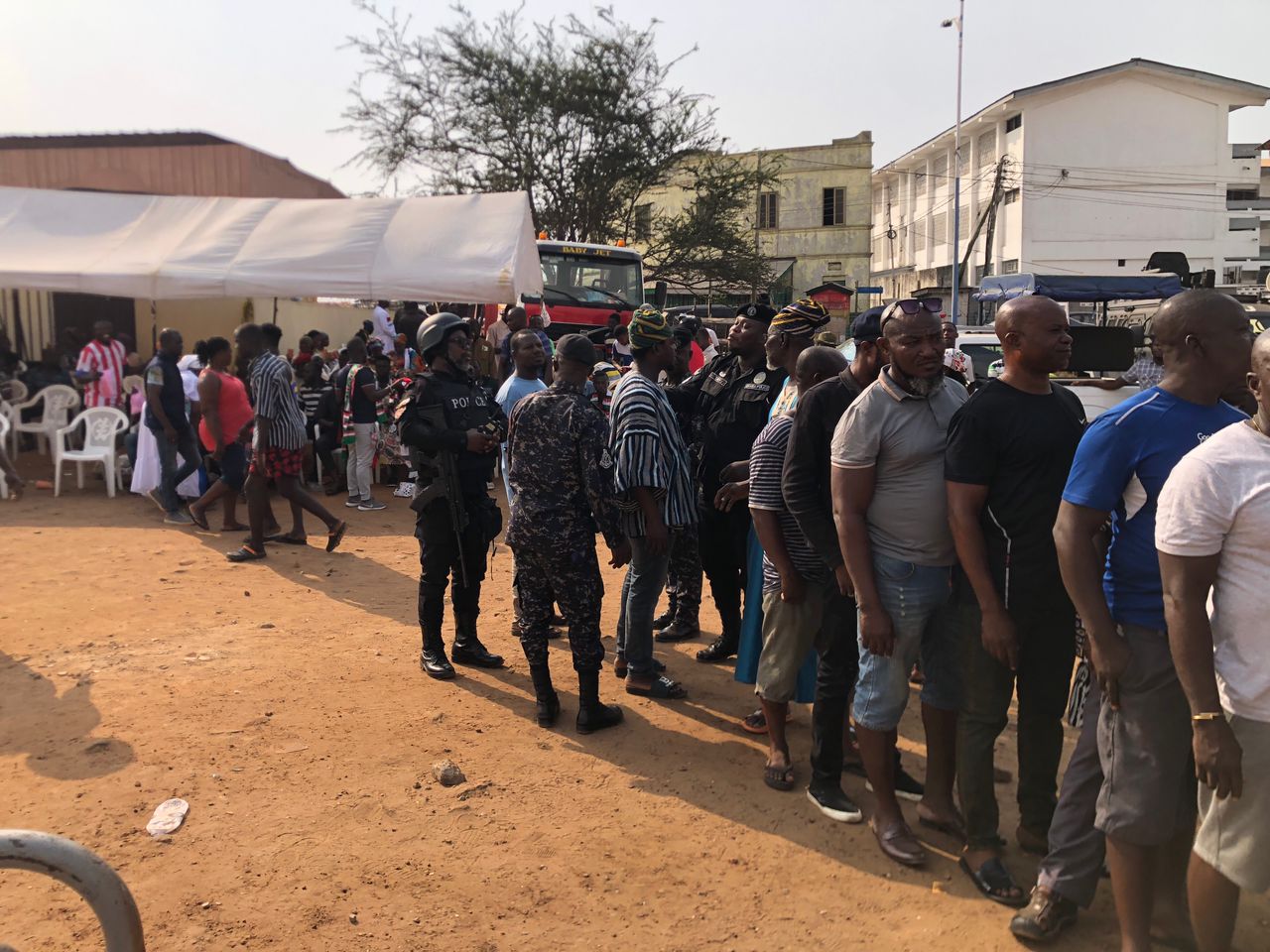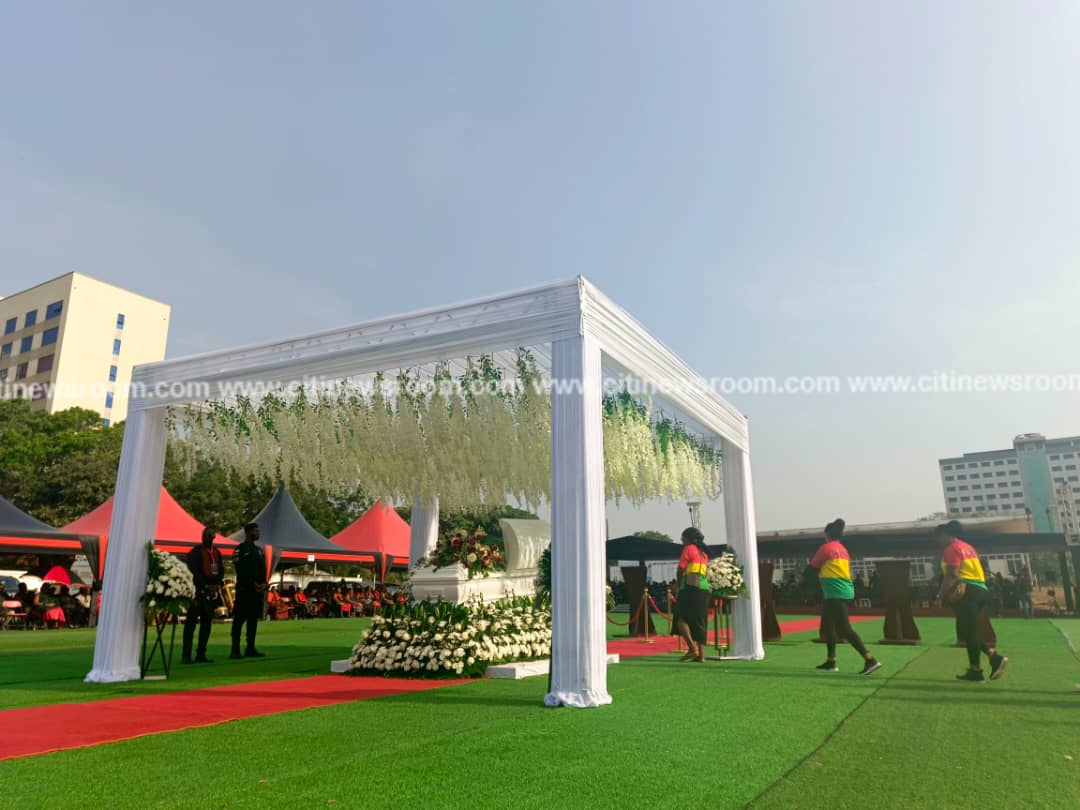
Sogakope — Representatives from the Agriculture, Water Sanitation and Hygiene (WASH) and Renewable Energy sectors are meeting in a five-day forum in Sogakope in the Volta Region to dilate on issues of post harvest losses and poor data collection in the agriculture sector.
Participants are to among other things, learn from each other's approach to solving issues affecting WASH and also identify the gaps in their current work and to explore other opportunities moving forward.
The event was organised by the Netherlands Development Organisation (SNV's) Voice for Change Partnership Programme (V4C), in collaboration with the International Food and Policy Research Institute (IFPRI), with funding from the Dutch Ministry of Foreign Affairs.
The Director of Agriculture Engineering Services at the Ministry of Food and Agriculture (MOFA), Mr Amatus Deyang, in his opening address, bemoaned the poor data collection on post harvest losses in the country.
"There are different interventions in post harvest losses going on in the regions but no accurate data to address the challenges," he said.
He stated adding that to deal with the issue, it required the collective efforts of all interested parties to launch an aggressive public education campaign that would enable farmers to understand the concept of post harvest losses.
According to him, it was the core responsibility of the Department of Agriculture to disseminate and make agricultural technologies available to rural farmers, right from production to the storage stage.
Due to challenges facing the production chain, Mr Deyang stated that, it was imperative that a platform was created to assist in the education of farmers to help them to reduce post harvest losses and enhance food security.
The director lauded the SNV's Voice for Change Partnership Programme for its contribution to policy development processes in the country.
He mentioned that the Planting for Food and Jobs (PFJ) programme was one that exemplified its commitment regarding the thematic areas, stressing that the PFJ was aimed at making the country food secure, improving nutritional status of the people, reducing post-harvest losses and creating employment.
Mr Deyang intimated that the MoFA looked forward to exploring collaborations that would explore the agricultural-energy nexus with the view to increase productivity and mitigate the impact of climate change.
He said advocacy grounded in evidence made it easy for the establishment of common grounds among stakeholders adding, "Let me also use this opportunity to confirm government's willingness to collaborate in generating evidence to guide the development and implementation of policies".
Mr Eric Banye, the Country Programme Coordinator of SNV Ghana, pointed out that after four years of implementation of the programme, the Learnt Event had deepened their partnership with relevant stakeholders such as the government, departments and agencies, the private sector, the media and civil society organisations (CSOs).
Read Full Story















Facebook
Twitter
Pinterest
Instagram
Google+
YouTube
LinkedIn
RSS